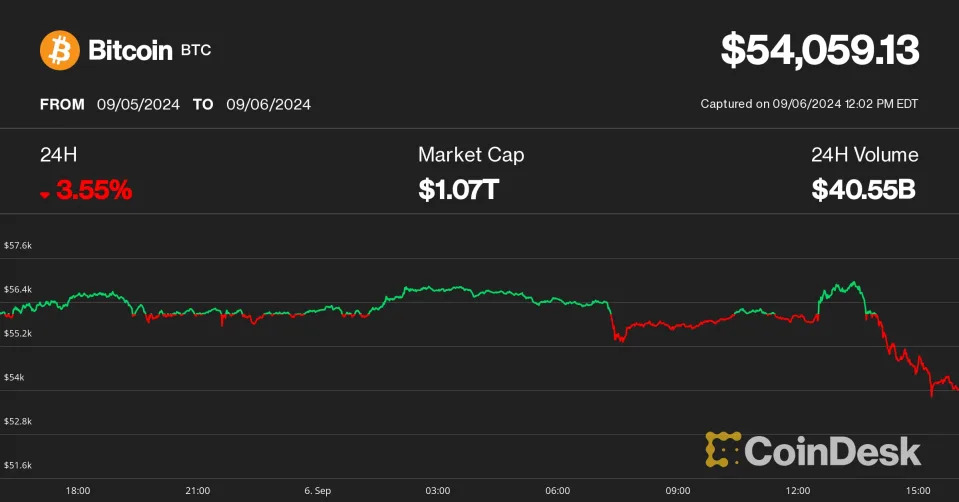(Bloomberg) -- A selloff in China’s bonds extended into a fifth day amid signs investors are shifting some funds to stocks and seeking out higher yields in the short-term money market.
Sovereign yields had slumped to record lows due to sluggish growth, a dearth of attractive assets and concern over the impact of US levies on the economy. Now respite from tariff headlines, a rally in local shares and tightening cash conditions are threatening this dynamic.
The yield on China’s benchmark 10-year bond rose to 1.73% on Tuesday, the highest since December, while also marking its fifth straight session of advances. The one-year yield climbed eight basis points to 1.5%, a six-month high.
“The delay of US tariffs and strong growth performance will let yields to go up further” in the short run, according to Xing Zhaopeng, a senior strategist at Australia & New Zealand Banking Group Ltd. China’s 10-year yield is likely to reach 1.6%-1.8% by quarter-end, he said.
The demand for haven assets has ebbed due to a rally in stocks fueled by optimism over the nation’s tech sector and expectations of government support for the private firms following a meeting between Chinese President Xi Jinping and business leaders on Monday. A delay in interest-rate cuts from the People’s Bank of China is also pushing up borrowing costs and making it less attractive for investors to buy debt.
The bigger rise in short-end yields reflects tightness in liquidity conditions. The PBOC has been draining cash from the banking system via open market operations on most days this month to support the yuan. It injected a net 456.2 billion yuan ($62.7 billion) through seven-day reverse repurchase agreements on Tuesday, only partly offsetting the 500 billion yuan maturity of one-year medium-lending facilities.
“Short-term rates will likely stay elevated due to PBOC’s focus on yuan stability in the near-term,” said Becky Liu, head of China macro strategy at Standard Chartered Bank in Hong Kong. The “PBOC still needs to inject through outright repo - which has increasingly become a major tool to prevent PBOC balance sheet from shrinking, especially when government bond purchase was suspended.”
A measured increase in yields may be desirable for authorities as it would signal less bearish bets on the economy and alleviate concerns over a bubble brewing in the debt market. It can also ease the depreciation pressure on the yuan from the wide interest-rate gap between the US and China.
“If the stock market rally continues leading to some funds shifting from bonds to equities, the selloff may continue in the short term,” said Michelle Lam, Greater China economist at Societe Generale SA. “Any disappointments from the National People’s Congress could weigh on bond yields again,” referring to a meeting of China’s top leaders in Beijing that will kick start in early March.
--With assistance from Shulun Huang.
(Updates bond moves in third paragraph.)





